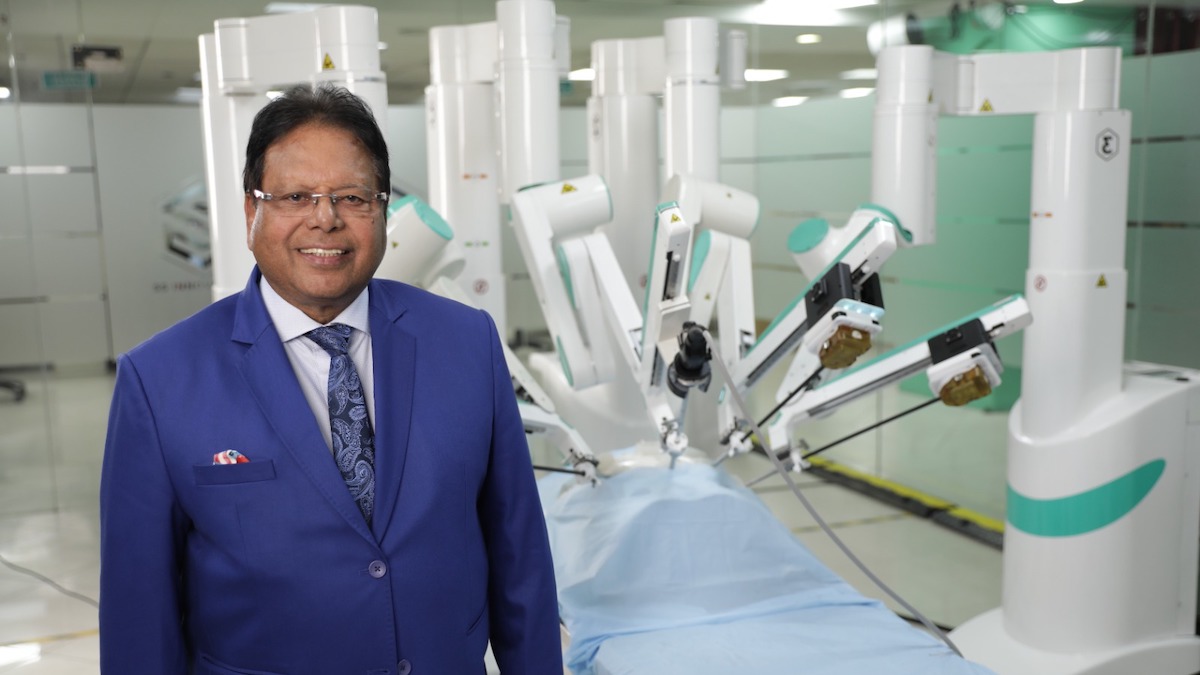WHO is the directing and coordinating authority for health within the United Nations system.
It is responsible for providing leadership on global health matters, shaping the health research agenda, setting norms and standards, articulating evidence-based policy options, providing technical support to countries, and monitoring and assessing health trends.
Post : Technical Officer (Innovation & Technology) – (2210707)
Objectives of the Programme
• The overall objective of the WHO Division of Universal Health Coverage and Life Course is to support countries in strengthening their health systems towards achieving universal health coverage (UHC) goals and improving people’s health and wellbeing at all ages.
The essence of this work is that each country’s national health system is oriented to primary health care as its foundation with strength and resilience to provide the quality services people need for their health and wellbeing without financial hardship.
UHL provides global policy, program, and technical and scientific leadership for universal health coverage and primary health care, working in close collaboration with WHO regional and country offices and other partners, to work towards the organization’s goal of an additional one billion people benefiting from UHC and contributing to the achievement of all health-related Sustainable Development Goals (SDGs).
• Within the UHL division, the WHO Global Centre of Traditional Medicine complements the core normative and country support functions of the organization’s Headquarters Traditional, Complementary, and Integrative (TCI) Unit and six regional offices’ work on traditional medicine.
The Traditional Medicine Center will focus on complementary areas of work and scaling up the organization’s capacities in traditional, complementary, and integrative medicine with respect to evidence and learning, data and analysis, sustainability and equity, and innovation and technology to optimize the role of traditional medicine towards achieving goals for universal health coverage and sustainable development.
• The Organization’s holistic, integrated work on traditional, complementary and integrative medicine – across HQ, regions, and the Traditional Medicine Centre – supports Member States to harness the potential contribution of traditional medicines to health, wellness and people-centered health care, to promote the safe and effective use of traditional medicines by regulating, researching and integrating traditional medicines products, practitioners and practice into health systems, where appropriate, promote scientific advances, access and use through innovations and technology, and protect biodiversity and local resources and rights towards equitable and sustainable development.
Duties
• Provide input to the Centre’s work program in digital strategy, technology, and innovation.
• Provide technical expertise and guidance in digital governance, scaling and implementation of digital health programs towards enhancing the Organization’s capacities in traditional, complementary, and integrative medicine with respect to evidence and learning, data and analysis, sustainability, and equity.
• Support development of artificial intelligence (AI) specific workstreams together with the digital health department on generating and leveraging evidence and learning, data and analysis, sustainability, and equity for traditional, complementary, and integrative medicine.
• Provide technical support to Member States around initiatives tied to core mandate of the GCTM.
• Advise on all technical issues related to international collaboration and partnerships for technical and resource mobilization purposes.
• Identify opportunities for collaboration in scientific, research, and technical information production and knowledge sharing across the organization, within WHO, with other UN organizations, or with other partners; establish and maintain partnerships that promote and support such collaboration.
• Create and provide technical input to a network of collaborating centers on innovations and traditional, complementary, and integrative medicines with the objective of identifying, analyzing, and promoting good practices and synergies.
• Monitor work plans and budgets including resource mobilization for the work programme and follow up on the implementation of planned activities.
• Perform all other related duties as assigned.
Candidate Profile
Education
Essential: Advanced university degree (Master’s level or above) in digital health, health informatics, or health information technology.
Desirable: Ph.D. in digital health, health informatics, or health information technology.
Experience
Essential:
• At least 7 years of progressive professional experience at both national and international level in digital health, health informatics, or health information technology.
• Demonstrated experience working with data science enablers such as strategy, policy, standards, governance, legislation, financing, or literacy in the domain of public health.
Desirable:
• Experience in developing and managing information technology and applications related to traditional, complementary, or integrative medicine, or public health.
Skills
• Technical expertise in the application of digital health programs, data science.
• Demonstrated ability to communicate with experts and stakeholders from different fields, including policymakers, researchers, civil society, and the private sector.
• Excellent interpersonal skills with the ability to promote consensus, communicate progress and results, and resolve issues in a proactive manner while ensuring effective work practices and ethics.
• Proven strong analytical, presentation and report writing skills.
• Ability to conduct research and analyze results, identify issues, formulate opinions, make conclusions and recommendations.
• Ability to review and revise policies, strategies and guidelines of assigned program and activities.
• Knowledge of traditional, complementary, and integrative medicines practices, needs, priorities and policies.
• Interpersonal skills using tact, diplomacy, patience, and courtesy.
• Excellent knowledge of health care systems.
• Proven knowledge of technical aspects in the field of specialty.
• Public speaking techniques.
• Excellent drafting and communication skills.
• Commitment to implementing the goal of gender equality by ensuring the equal participation and full involvement of women and men in all aspects of work.
• Team spirit and time management skills.
Remuneration
WHO salaries for staff in the Professional category are calculated in US dollars.
The remuneration for the above position consists of an annual base salary beginning at USD 75,602 (subject to mandatory deductions for pension contributions and health insurance, as applicable), a variable post adjustment that reflects the cost of living in a specific duty station, and currently amounts to USD 2249 per month for the above-mentioned duty station.
Other benefits include 30 days of annual leave, allowances for dependent family members, home leave, and an education grant for dependent children.
Location : India – Jamnagar
Last Date: Jan 13, 2023, 4:29:00 AM






